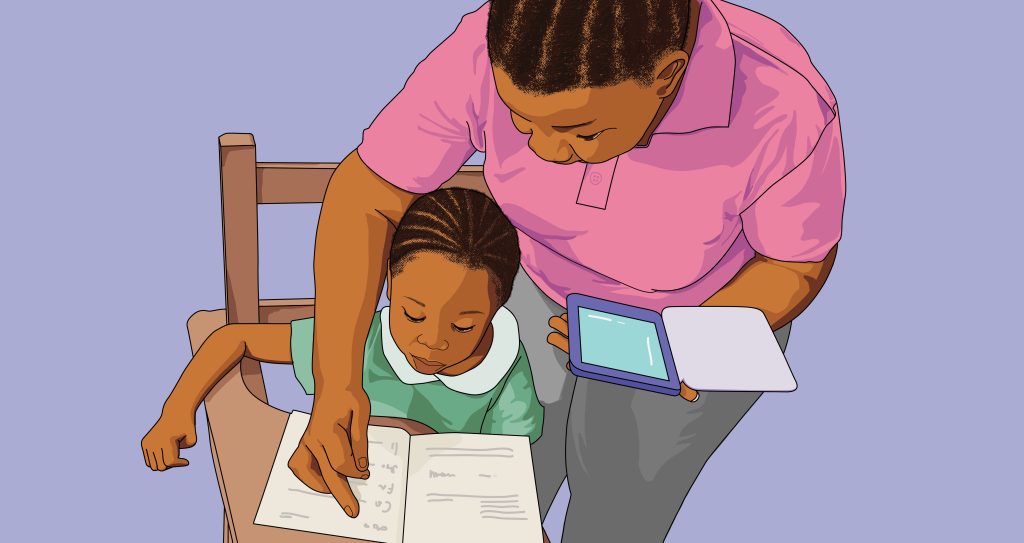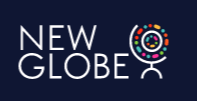This website uses cookies so that we can provide you with the best user experience possible. Cookie information is stored in your browser and performs functions such as recognising you when you return to our website and helping our team to understand which sections of the website you find most interesting and useful.
Kenya: Partnerships Vital to Increase Education
Kenya has made tremendous strides in terms of increasing access to primary education. However, there remain a number of constraints that hinder the accessibility of basic education. There are children who cannot attend primary schools due to factors such as poverty, insecurity, and long distances covered to schools. Those most affected are children from low-income communities, urban informal settlements, and those in ASAL areas, including in refugee camps. The situation has been exacerbated by the Covid-19 pandemic that threatens to erode the gains made in the education sector.
The Government of Kenya is committed to ensuring that no child is left behind in terms of access to education. Kenya’s Basic Education Act (2013) guarantees the right of every child to free and compulsory basic education. More recently, the passing of the Early Childhood Education Act (2021) further cements the Government’s commitment to achieving broader education and development goals under Kenya’s Vision 2030 and Sustainable Development Goals.
Education is critical for any nation’s economic, political, and social development. It helps people escape from poverty and participate more in society and in the marketplace. These are a few of the reasons why governments around the world assume the responsibility for providing and financing education, especially basic education. But this responsibility is a large and complex one for any government to meet adequately, which is why it is important for governments to explore diverse ways of financing and providing educational services.

Need for Public-Private Partnership in Education
Despite recent increases, enrollment rates remain low particularly in several vulnerable communities. Efficient and equitable access to education is proving to be elusive to many people. More than often, low-income families and other poor and marginalized groups have only limited access to education. Several Sub-Saharan African countries have yet to achieve universal primary coverage, even though enrollment rates across all developing countries have increased. The quality of education, as measured by standardized tests, is low and represents a major challenge.
This calls for the need to collaborate with other partners in the education sector to increase the access and the quality of education. Public-private partnerships (PPPs) can help countries meet education goals by increasing access to good quality education for all, especially for underserved communities. Across Africa, education partnerships are already in effect at scale and changing the prospects for populations. Making high-quality education accessible for all in Kenya will require innovative programs and initiatives in addition to public resources and strong political leadership. For instance, studies have shown that technology is the catalyst in scaling up quality education delivery at speed. That, combined with the economies of scale that come with partnership means that governments can be able to scale quality education through the use of content and technology partnerships. In light of this, the public and private sectors can join together to complement each other’s strengths in providing education services and helping developing countries to meet the Sustainable Development Goals for education and to improve learning outcomes. Through local PPP designs, these partnerships can be tailored to meet the education and inclusion needs of each country or state. The Kenyan government is taking this seriously and the recent appointment of the new Director to the PPP office is positive news for teachers and learners alike.
Ahead of the G7 and the Global Partnership for Education (GPE) replenishment summit in July, Kenya’s political leaders are driving the focus on education. Kenya is a co-host and multilaterals and government leaders will all be in attendance. As Kenya and others emerge from the pandemic and schools re-open, a focus on re-invigorating the education system as a whole is at the forefront of political minds. President Kenyatta himself, recently acknowledged the importance of technological partnerships in increasing the access and the quality of education.
“Protecting domestic education budgets and ensuring that we do not lose education momentum because of the COVID-19 pandemic will enable us to create more prosperous and resilient economies. We need to make smart investments in education technology to help close the digital divide and leapfrog infrastructure deficits in schools.”
Private partners are playing an increasingly important role in education for governments who are tired of slow economic growth and societal insecurity. The private sector’s participation in education has increased dramatically over the last two decades across the world, serving all types of communities—from high-income to low-income families. From running low-cost private schools to mobilizing and deploying education capital, these agents play a pivotal role in complementing the government to increase access to quality education. Bridge Kenya is one such player which works to closely complement the government particularly in the underserved areas. Through the use of technology and an innovative approach to teacher support, Bridge Kenya focuses on providing access to quality and affordable education at scale. Its parent company; is successfully supporting multiple governments to transform their education systems. Although governments and multi-laterals remain the main financiers of education, in many countries the private sector is often working closely on education delivery and technical support. A number of governments contract with the private sector to provide some of the services involved in providing education, such as teacher training, management, technology support or curriculum design. Other governments contract with private organizations to manage and operate public schools.
In April this year, while releasing the Kenya Certificate of Primary Education (KCPE) results, the Education Cabinet Secretary lauded the contribution of the private sector.
“There is no private or public child in Kenya, they all are Kenyans. We thank our private school counterparts for their immense contribution to the education sector in the country,” CS Magoha said.
Conclusion
The Kenyan government has always been at the forefront of education reform. Increasing the private sector’s role in education through partnerships and technical support can have several potential advantages in the delivery of education. Whether these benefits are actually realized depends greatly on how well designed the partnership between the public and the private sector is, on the regulatory framework of the country, and on the capacity of the government to oversee and enforce its contracts and partnerships with the private sector. The Kenyan government is strong in this regard. When the private sector is used effectively in partnerships it can help increase accountability and outcomes over months rather than decades. As the education sector considers how best to reinvigorate the sector after the pandemic; a private sector partnership would seem an obvious choice.
This article appeared originally on Nation Africa, May 26, 2021.




